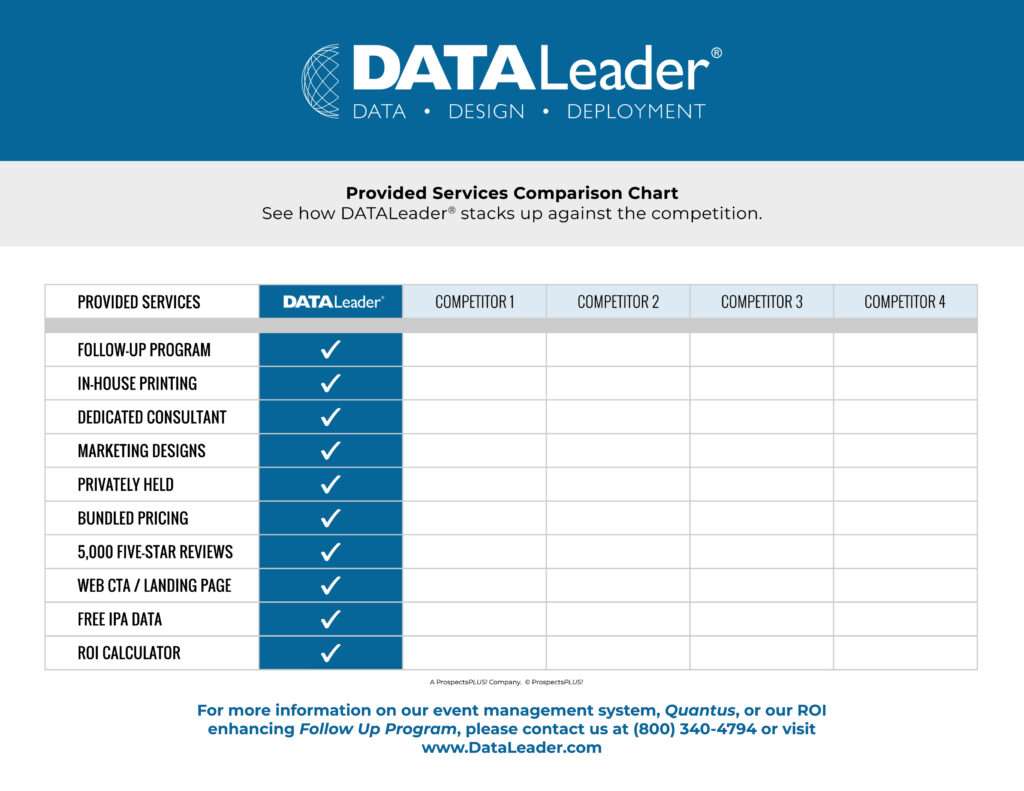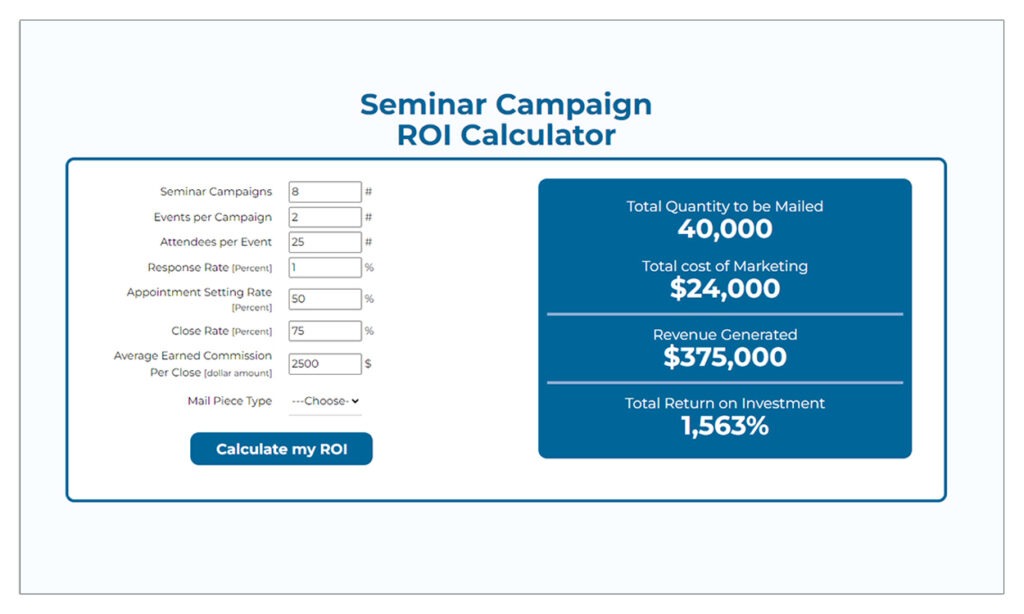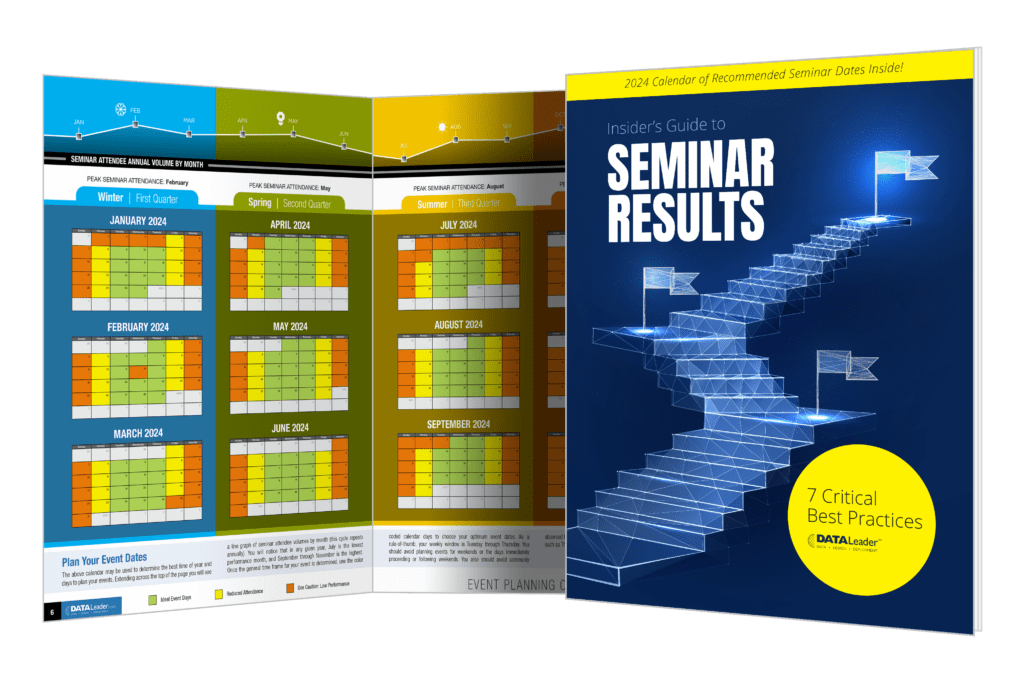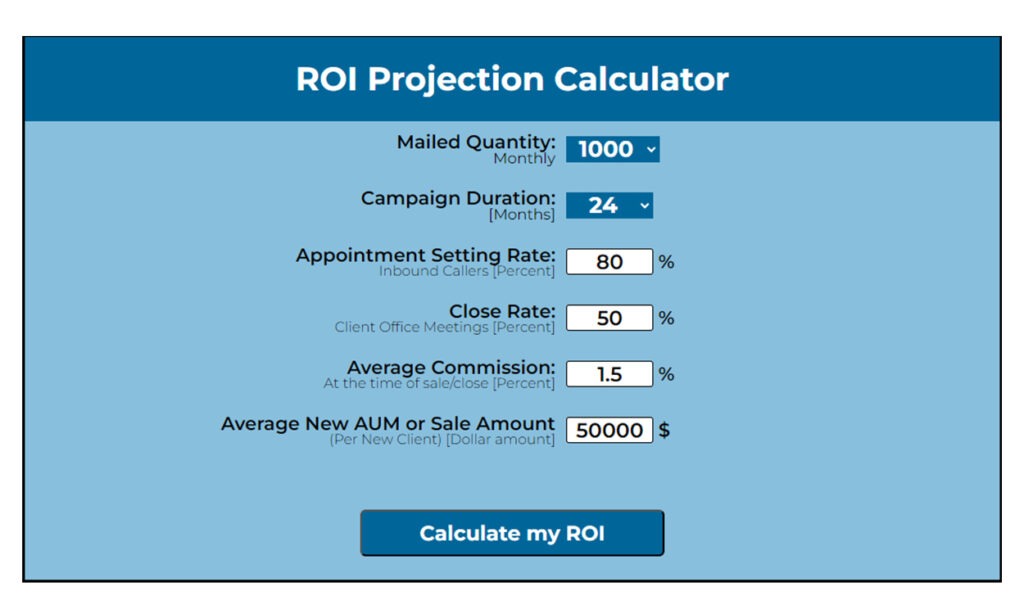Setting clear, achievable goals for your marketing seminars ensures their success and accurately measures their effectiveness.
Without defined objectives, it becomes difficult to gauge whether your efforts are paying off or how to improve future events.
Here are five pointers to set you on the right path.
1. Define Specific Objectives
Begin by identifying what you want to achieve with your seminar. Are you aiming to generate new leads, build brand awareness, or educate your audience on a specific topic?
Specific goals, such as “generating 50 qualified leads” or “increasing brand awareness among 100 new potential clients,” provide a clear target to strive toward.
The more specific your goals, the easier it is to align your seminar content and strategies to achieve them.
2. Set Measurable Goals
Your goals should be measurable, allowing you to track progress and determine success.
This could involve metrics such as the number of attendees, the engagement rate during the seminar, or the conversion rate of leads to clients.
Tools like surveys, attendance records, and follow-up tracking can help quantify your results.
3. Ensure Goals Are Achievable and Relevant
It’s important to set realistic goals that are relevant to your business objectives.
For instance, expecting to convert every attendee into a paying client might not be feasible. Instead, aim for a more attainable conversion rate, such as converting 10-15% of attendees into leads.
4. Establish a Timeline
A clear timeline is essential for staying on track. Set deadlines for pre-seminar planning, the event itself, and post-event follow-up.
This helps ensure that all tasks are completed on time and that you can measure results shortly after the seminar concludes.
5. Measure Success and Refine Strategies
After the seminar, evaluate your performance against the goals you set. Did you meet your lead generation target? Were attendees engaged?
Use this data to refine your strategies for future seminars, focusing on areas where you can improve.
By setting clear, achievable goals and measuring their success, you can continuously improve your marketing seminars and maximize their impact.
Want to manage your upcoming seminar events ON-THE-GO? Watch our video about our NEW Mobile Check-in Tool below!
For information on our data-driven seminar marketing, the QUANTUS Event Management System, or the Seminar Follow-Up Program, please contact us at (800) 340-4794 or visit us at www.dataleader.com

PLUS: When you have time…below are some free marketing resources to support the success of your dinner seminars.
The Seminar ROI Calculator

The Free, Online, Seminar ROI Calculator helps you visualize the impact of your seminar marketing. Just input your seminar data to see a projection of your cost for marketing, revenue generated, and total return on investment. To get started, Click Here.
The Free Insider Seminar Guide

The Free, Insider Seminar Guide includes the seven critical best practices for seminar marketing and an annual calculator of recommended seminar dates for the best ROI. To download your Free Insider Guide today, Click Here.
The Follow-Up Campaign ROI Calculator

The Free, Online, Follow-Up Campaign ROI Calculator helps you visualize the impact of continuity marketing. Just input your marketing campaign data to see a projection of your response rate, cost per conversion, commissions, and return on investment. To get started, Click Here.


